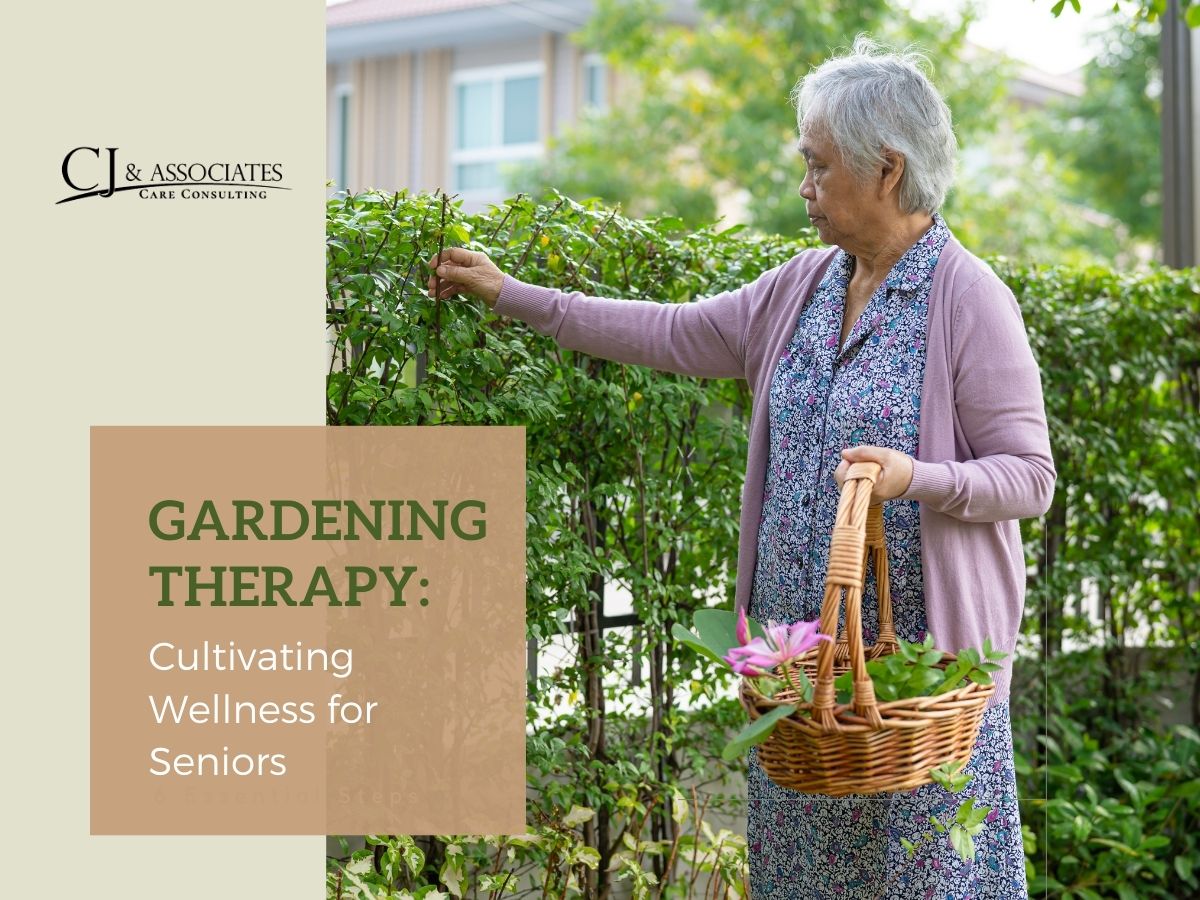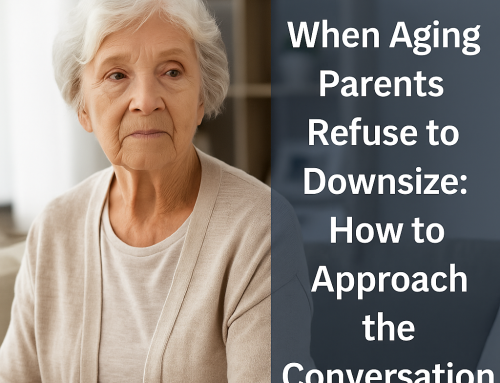Gardening isn’t just a hobby; it’s a therapeutic practice that offers numerous physical, mental, and emotional benefits, especially for seniors. As individuals age, maintaining an active and fulfilling lifestyle becomes increasingly important, and gardening provides a holistic approach to wellness that addresses various aspects of senior health.
Physical Health Benefits
Engaging in gardening activities requires movement, which can contribute to improved physical health for seniors. Planting, weeding, watering, and harvesting all involve bending, stretching, and lifting, promoting flexibility, strength, and balance. These movements help seniors maintain mobility and reduce the risk of falls, a common concern in aging populations.
Furthermore, spending time outdoors exposes seniors to natural sunlight, which boosts vitamin D levels and supports bone health. Gardening also encourages regular physical activity, which can help manage weight, lower blood pressure, and reduce the risk of chronic conditions such as heart disease, diabetes, and osteoporosis.
Mental and Cognitive Well-Being
Gardening offers a wealth of mental and cognitive benefits for seniors. The act of tending to plants and nurturing a garden provides a sense of purpose and accomplishment, boosting self-esteem and confidence. It stimulates the mind, requiring problem-solving skills and attention to detail, which can help maintain cognitive function and prevent cognitive decline.
Moreover, gardening serves as a form of mindfulness practice, encouraging seniors to be present in the moment and focus on the task at hand. The rhythmic movements and connection with nature promote relaxation and stress reduction, alleviating symptoms of anxiety and depression. Studies have shown that spending time in green spaces can improve mood, enhance overall well-being, and increase feelings of happiness and fulfillment.
Social Connection and Emotional Support
Gardening offers seniors opportunities for social connection and emotional support, fostering a sense of community and camaraderie. Many seniors participate in community gardens or join gardening clubs where they can share knowledge, experiences, and gardening tips with fellow enthusiasts. These social interactions help combat loneliness and isolation, which are common challenges faced by seniors, especially those living alone or in assisted living facilities.
Additionally, gardening provides a platform for intergenerational bonding, as seniors can involve family members, grandchildren, or caregivers in gardening activities. Sharing the joys of gardening with loved ones creates meaningful memories and strengthens familial relationships. By cultivating plants together, families can create a shared purpose that enhances communication and cooperation among different generations. This collaborative spirit also extends to other aspects of life, such as navigating holiday challenges with seniors, where the skills learned in the garden—patience, mindfulness, and teamwork—can be invaluable. Ultimately, these experiences form a strong foundation for enduring family connections that can be cherished for years to come.
Conclusion
In conclusion, gardening therapy offers a holistic approach to wellness for seniors, addressing physical, mental, and emotional health needs. By engaging in gardening activities, seniors can experience numerous benefits that contribute to a fulfilling and enriched lifestyle. From improved physical fitness and cognitive function to enhanced mood and social connections, gardening has the power to cultivate wellness and happiness in the lives of seniors. Additionally, incorporating pets into the gardening experience can further amplify these positive effects. Combining the calming presence of animals with outdoor activities allows seniors to enjoy the benefits of pet therapy, enhancing emotional well-being and reducing feelings of loneliness. This synergistic approach fosters a deeper connection to nature and nurtures both physical and emotional health.
As we embrace the therapeutic potential of gardening, it’s essential to make gardening accessible to seniors of all abilities. Raised beds, adaptive tools, and ergonomic gardening equipment can make gardening more comfortable and enjoyable for seniors with mobility or physical limitations. By creating inclusive gardening spaces and fostering a culture of gardening therapy, we can empower seniors to reap the full spectrum of benefits that gardening has to offer.






